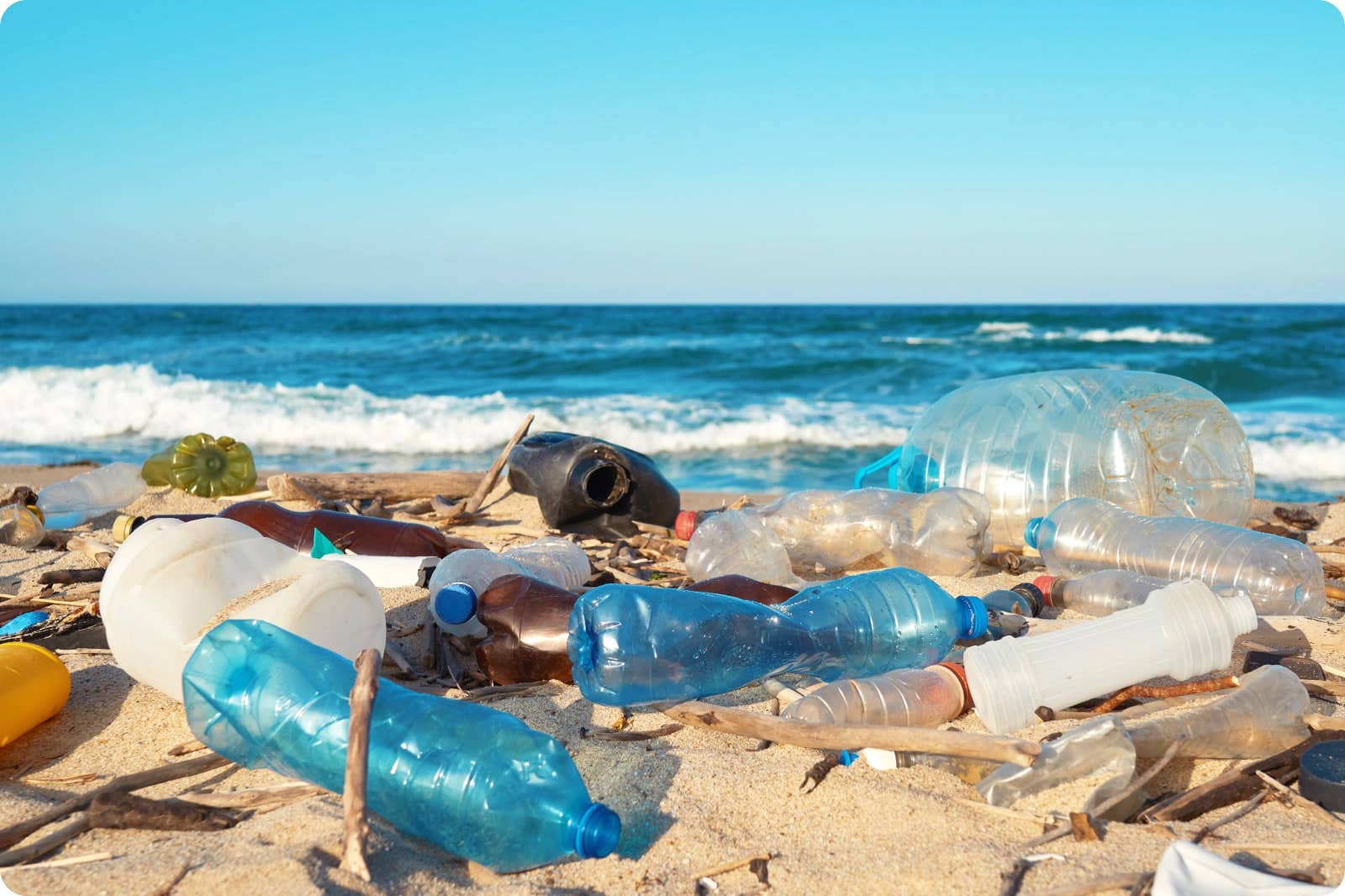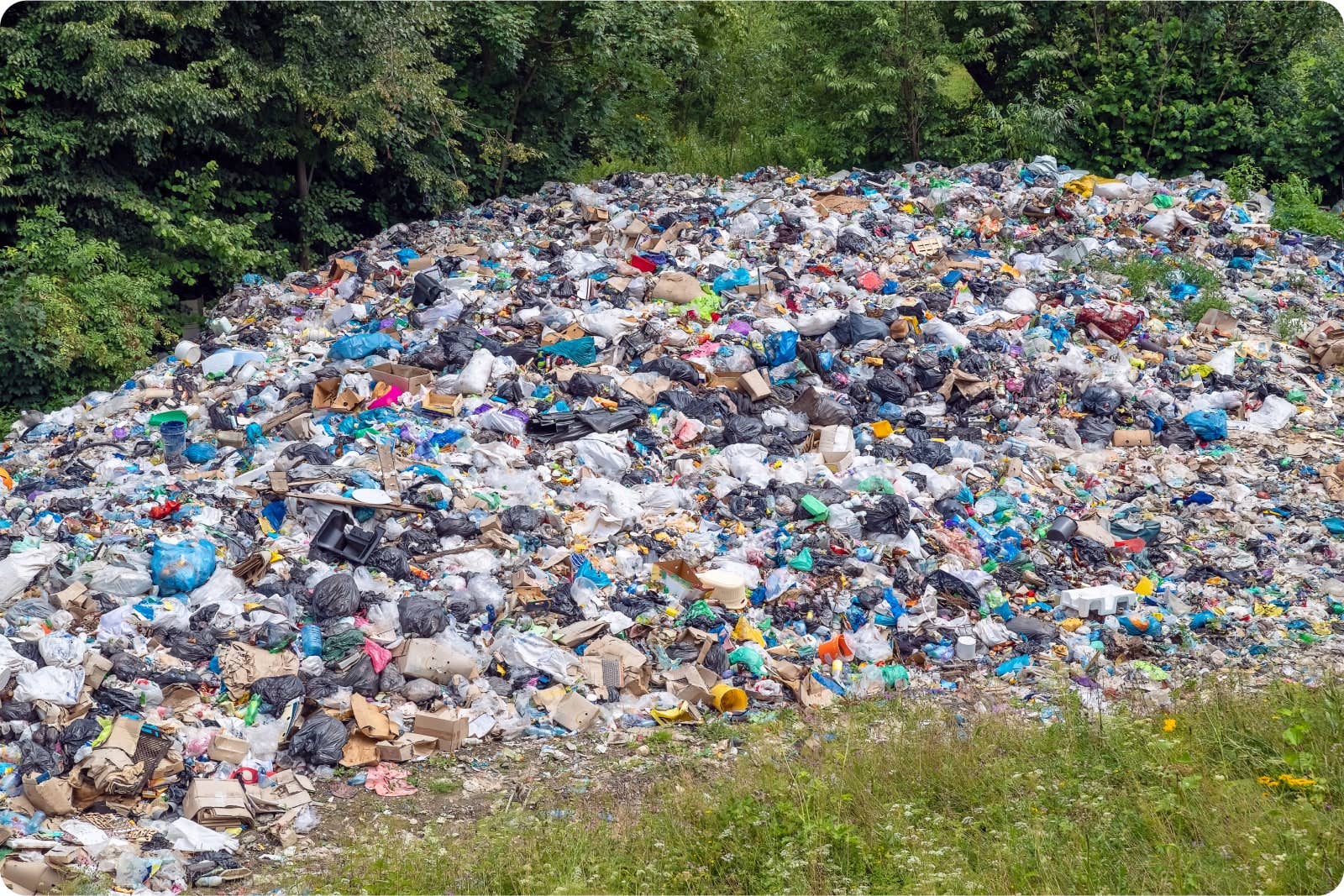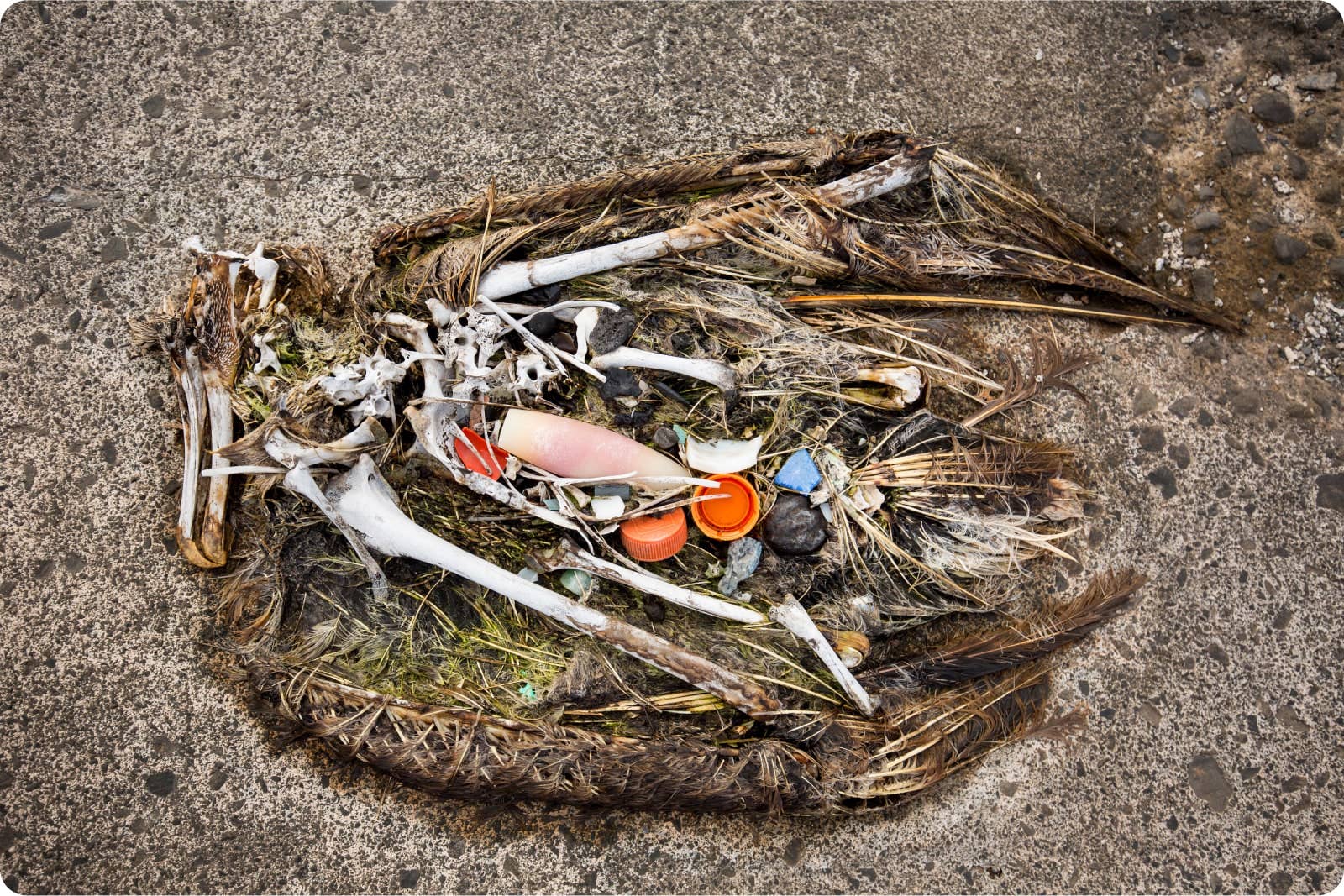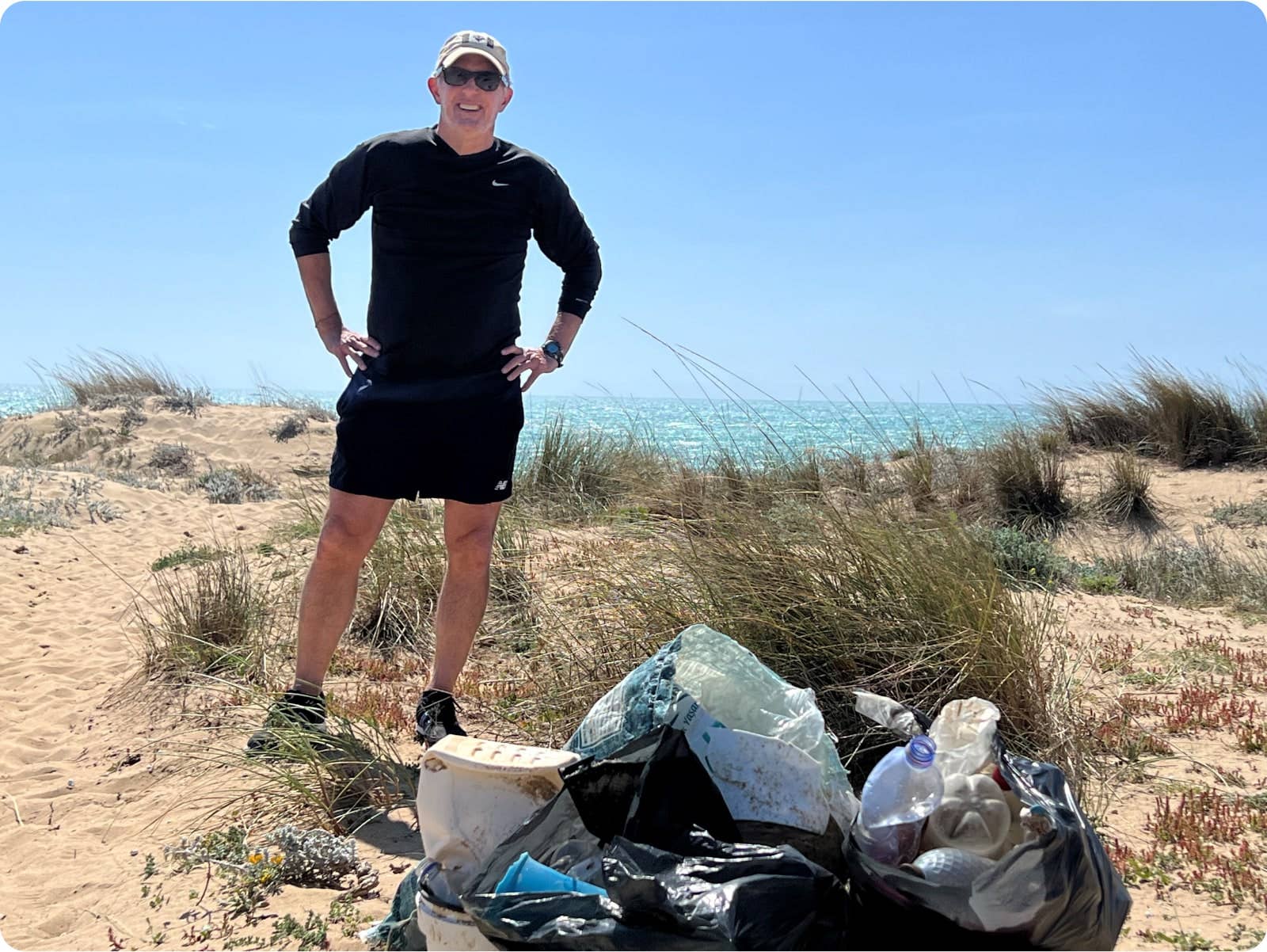By Kent Groves, PhD, Global Head of Health Strategy, Dentsu Health and Head of Dentsu Health, EMEA
At Dentsu Health our vision is to achieve optimal outcomes through Living Health. Living it and breathing it every day: to better understand the personal emotions, desires, and needs of every health experience — no matter how positive or negative that experience may be. Because only when you live it can you change it.
While our “commercial” focus and engagement might be with a manufacturer of therapeutics for rare disease, a payor network with a unique health management solution, the producer of health devices such as hearing aids or glucose monitors, or a supplier of superior OTC (over the counter) health product, our vision includes all aspects of individual and family health and wellness, which can be directly influenced by the health of the environment in which they live.
To this end, our focus is as much on the individual as it is on the world and the oceans around us, specifically, what the collective “We” can do to make a positive environmental difference. At dentsu, One Day for Change, our annual corporate sustainability initiative, runs this year from April 19th to June 7th, and coincides with two significant dates, Earth Day on April 22nd and World Environment Day on June 5th. While there are many challenges our home (Earth) faces - nothing is more obvious, and in our back yard, than single use plastic pollution. No matter where you live, the ocean is responsible for providing 1 out of every 2 breaths you take – your health is inextricably linked to the health of the ocean.


Single use plastic bottles have been the posterchild for plastic pollution, and while resolving the issue doesn’t stop plastic pollution, it is a good place to start. For many people who live in urban environments, or rural areas far from lakes, waterways and the ocean, the thought process is often, “It’s just one bottle, it goes to a landfill site, it is recycled, I’m doing my part”. Unfortunately, nothing could be further from the truth. Take one minute to just process a couple of the following data-points:
The Plastic Bottle Environmental and Human Health Crisis:
(Information sourced from OceanWise, UNESCO, WHO and other references cited)
- 13 billion plastic bottles are used globally each year and only 7.5% of them are recycled.
- 50 billion plastic water bottles are sold in the US every year (and growing) and the average person uses 156 bottles annually.
- More than 11 million tons of plastic waste leak into the oceans each year, with that number expected to triple by 2030.
- 1/3 of all seafood globally contains plastic and for seafood lovers, you will likely consume over 11,000 pieces of microplastic annually.
- 100 million marine animals are estimated to die from plastics pollution annually (see image below), but plastic waste also harms coral and ecosystems as well.
- Bisphenol A also known as BPA, is used to make billions of plastic beverage containers, and related plastic products and is considered an endocrine disruptor, meaning it can both decrease or increase endocrine activity in humans and cause adverse health effects. (Source: Health risk of exposure to Bisphenol A (BPA) - PubMed | nih.gov)
- BPA can be absorbed by fat tissue and is associated with increased risk of breast cancer. (Source: National Institute of Environmental Health Sciences: Bisphenol A (BPA) | nih.gov)
- Additionally, the breast milk of most women in the developed world contains dozens of compounds including BPA that have been linked to negative health effects. (Source: BPA-Free: BPF, BPS in Plastic Bottles, Packaging Could Be Dangerous | TIME)
- Phthalates, a group of chemicals used to make plastics more flexible, have been linked to a variety of adverse outcomes including weight gain, insulin resistance, decreased levels of sex hormones, and other consequences for the human reproductive system. (Source: Home | Food Safety and Inspection Service | usda.gov)

Two events over the past 6 weeks triggered my impetus for this article.
- In a Dentsu meeting with clients in NYC we held a workshop and of the 28 people (Dentsu and clients) in the room, 2 of us had refillable bottles, but of course we brought out a couple cases of bottled water for everyone.
- In early March I found myself taking a couple days of respite with my partner (Jen) on the southwest coast of Sicily, near Agrigento. A beautiful spot nestled beside a coastal nature preserve, Torre Salsa Nature Preserve, with a beautiful beach. The next nearest land was Tunisia, 125 miles to the west. Walking the beach we brought plastic bags as we always do and initiated a small-scale beach cleanup. From plastic bags, bottles, fishing line, mooring ropes, bottle caps, it is always a shock to see what washes ashore, but even more shocking is thinking about what hasn’t washed ashore. Did you know that it is estimated that there are 171 trillion pieces of plastic waste in the global oceans, (Source: 171 trillion plastic pieces estimated to swim in oceans - Oceanographic | oceanographicmagazine.com), with 269,000 tons floating on the surface and another 4 billion microfibers per km2 floating below the surface.

What can I do, it’s just one day?
Jen and I both carry reusable stainless steel water bottles. We travel with these, use them at tennis, gym, workouts, etc. What impact does this have?
Between refusing water bottles on flights and in hotels and meetings, individually I reduce bottle usage by about 10 bottles per week or 520/year. Jen does the same, so together we are taking approximately 1,000 single use plastic bottles out of the system annually. Collectively that is almost 2 bottles per day. So, let’s think about dentsu’s One Day for Change and turning dentsu into a leader in sustainability, a pioneer in “agency” reduction of plastic, an actual part of the solution, not the problem.

What would that look like?
We call it “One Day for Change” because everything worthwhile has to start somewhere. Between April 19th and June 5th commit to not using plastic bottles for at least one day. Use a cup, a glass, get a refillable water bottle, drink from a fountain, plan ahead. But don’t just do it yourself, encourage your friends and family as well. What would that look like?
Last year 9,000 of us took part in the day for change across 63 markets. Let’s be bold and say that we can get 9,000 to participate in this initiative, twice (April 22nd and June 5th), and assume that they each influence 1 other person. 9,000 x 2 x 2 = 36,000 bottles we just pulled out of the system. Now we are talking! How do we measure this? Simply count the number of bottles you don’t use and total it up with your friends and colleagues. That is our foundational KPI.
Sustainable consumption is a core element of Dentsu’s climate action efforts, and over the next decade we are committed to helping 1 billion people make better, more sustainable choices. With 2024, One Day for Change activities are focused on protecting and restoring nature, upcycling, recycling, redistributing, and supporting education and economic empowerment, it would appear eliminating plastic bottle use in your social circle for one two days does in fact, check all the boxes.
It is our belief that if we can think and act differently, we can make change happen. While this year might only be 36,000 bottles (I think we can beat that target), consider an environment 5 years from now when Dentsu employees have collectively eliminated single use plastic bottles from their personal and professional use, and that number is still 1 bottle per-person-per day.
Consider this math…
60,000 Employees @ 1 bottle/day x 1 incremental person influenced @ 1 bottle/day (60,000 x 2 x 365 days) = 43,800,000 bottles we (just us) take out of the system. Given 13 billion plastic bottles are used annually each year, we have now reduced that total by 0.34%. THAT IS HUGE. This of course does not include the ripple (halo) effect on clients, competitors, and society at large.
So, you really can make a difference. Let’s do this!
Connect with us and learn more about Dentsu Health at dentsuhealth.com



